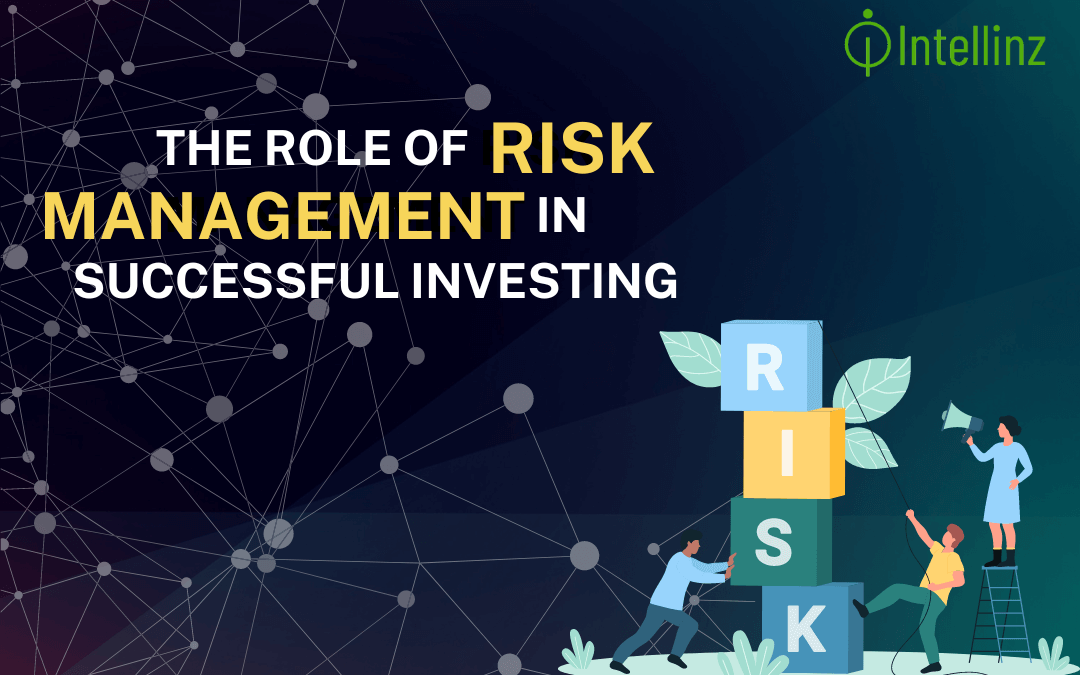How well do you understand investment? Any ideas on handling the potential or hidden risks when investing?
In the field of investing, success isn’t just about making the right picks and riding market trends, it’s also about managing risks effectively. Risk management plays an important role in ensuring that investments not only grow but are also protected against potential losses. Regardless of the experience you have gained in investing, understanding the importance of risk management can significantly enhance your investing success.
When it comes to investing, risk management involves identifying, evaluating and minimizing any financial losses that could result from different risks connected to investment activities. Thus, the first step in effectively managing risks is to recognize the types of risks. These are a few of the risks that investors usually encounter.
Market Risk
Market risk, also known as systematic risk which refers to the potential for investments to lose value due to economic, political or social events. This risk affects the entire market and makes it unavoidable. However, diversification can help spread the risk across different assets, reducing the impact on an investor’s portfolio.
Credit Risk
When a borrower defaults on their financial commitments, credit risk arises. For bond investors in particular, this risk is significant. Investors can mitigate credit risk by assessing the creditworthiness of issuers and opting for higher-rated bonds.
Liquidity Risk
Liquidity risk refers to the difficulty of selling an asset without significantly affecting its price. It may be difficult to sell investments in assets with limited liquidity rapidly which could result in losses. A balance between liquid and illiquid investments should be maintained by investors who should also take asset liquidity into account.
Inflation Risk
Inflation risk is the danger that rising inflation will erode the purchasing power of returns. This risk is particularly relevant for fixed-income investments. To overcome the inflation risk, investors can include assets that typically perform well during inflationary periods such as real estate and commodities.
Considering the types of risks mentioned above, investors are advised to develop skills in risk management as it helps preserve capital, achieve consistent returns and keep their minds at ease. Sharing some key strategies to reduce risk when investing.
Diversification of stocks
Investing across a range of asset classes, sectors and geographies can help mitigate the impact of underperformance and lower your exposure to any one particular investment. However, diversifying your investment portfolio over several asset classes such as cash, bonds and stocks will also help your trading. The ideal combination is determined by an investor’s time horizon, goals and risk tolerance. Maintaining the portfolio’s alignment with investment goals is ensured by routine rebalancing.
Informed Decision Making
Investors can stay updated about market trends, economic statistics and the performance of specific assets by routinely reviewing their investments. This continuous process aids in locating new opportunities, modifying strategies and minimising exposure to potential risks. Making intelligent choices and successfully managing risk is further improved by using risk assessment tools and software which offer insights into asset volatility, historical performance and correlations.
To sum up, effective risk management is essential for making investments profitable. By implementing strategies to protect against potential losses, investors can avoid unnecessary risks and achieve more stable and consistent profits.
Looking for more interesting blog articles? Check out our website at https://intellinz.com/ to explore our blogs and discover how our Intellinz platform can support you on your investment journey.






